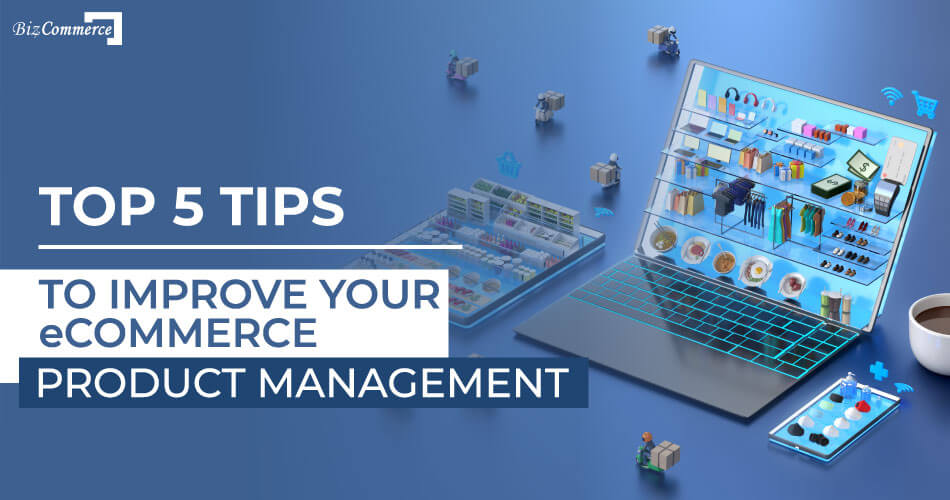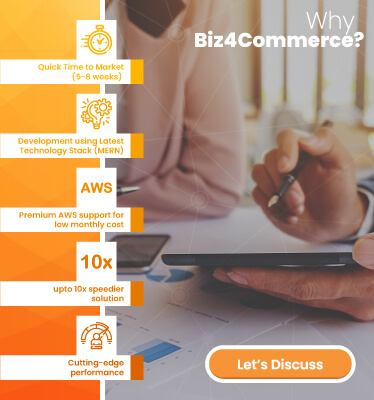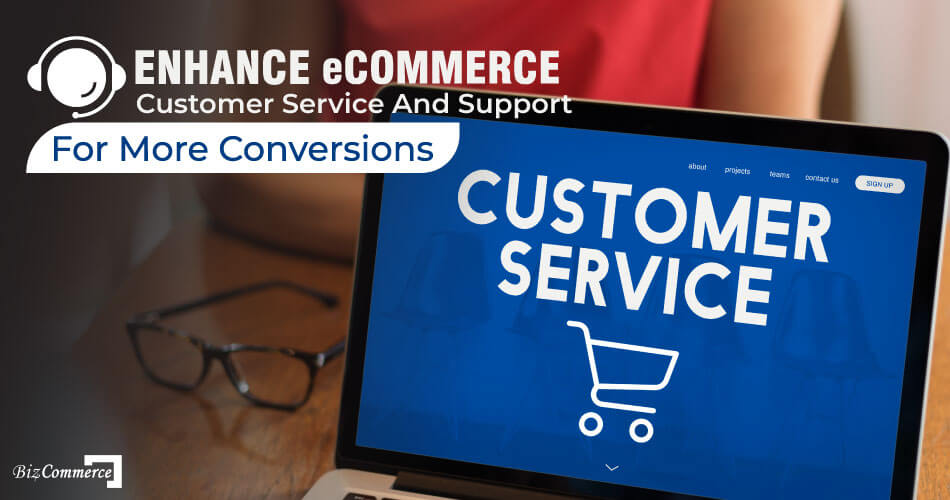5 Tips to Improve your eCommerce Product Management
eCommerce product management is a daunting task, primarily because of the sheer volume of product data that needs to be maintained on the website. However, an innovative approach to product management will help you as a merchant to stay organized, keep track of inventory, attract more visitors to your site and drive up eCommerce sales.
A product manager creates the overall "product vision" and leads product development from scratch. This individual works with customer requirements, internal and external stakeholders, and development teams to create the required product and lead its successful launch in the market. That being said, an online store is a whole new ballgame!
eCommerce business is a frequently changing experience where products and prices are often altered. Many times, the layout, categorization, and presentation of inventory changes. Good product management would mean keeping up with these updates but managing the inventory and sales seamlessly.
This article will round up our top 5 tips to do just that!
Tips to Improve your eCommerce Product Management
#1 Centralized Product Information Management (PIM)
.jpg)
First and foremost, you require a centralized repository to upload, edit, and publish your Product information. This will help you have consistent and easily analyzable data that has been organized seamlessly. There are multiple softwares available for Product Information Management (PIM) that assist product managers in managing and approving market-ready product information and content from one collated pool. These softwares come packed with robust tools to consolidate product data from multiple sources, including suppliers and back-end systems like ERP.
Consolidated and organized data can help you reduce time to market and ensure that appropriate information reaches the customer. At the same time, you stay up-to-date with all the information related to your product.
#2 Monitor Analytics

An appropriate Analytics tool will help you understand how your customer navigates through your site, which products are most favored by the customer, what pages are most frequently visited by your target audience, and much more. Google Analytics is an example of such software that will help you gain insights into your customer's shopping habits. Analytics are very useful in understanding where potential customers lose interest and leave your site or how quickly they make a purchase. Additionally, it will give you an insight to where your online traffic comes from, allowing you to calculate your marketing activities. Finally, being empowered with information like what your consumers want to buy, what payment methods are most preferred, what deflects them from your website- will help you manage your products as per insights received.
Here is a roundup of the metrics that will help in better product management:
- Financial: identifying revenue, monthly recurring income, and revenue related to the product in a certain time range, etc.
- User engagement: session duration, the retention rate of customers, pages most favored.
- Product popularity: number of sessions per user per product, number of times product was searched, number of times product was bought, etc.
#3 Fluency in Underlying Technology

The entire eCommerce website or application consists of many elements built using various front-end and back-end components. If any of these components collapse (for example, the add-to-cart button stops functioning), the product manager should be able to pinpoint the exact problem and get in touch with the relevant team on a timely basis. He should be able to conduct a full audit or root cause analysis of the error that has taken place and highlight an action plan to prevent such an occurrence from repeating itself in the future. A basic technical understanding is important to check that every component of your eCommerce site is functioning as expected.
#4 Decisions on Slow Moving Products

Close these products and toss them far away from your inventory! Products that sit on your shelf for long durations of time can easily reduce cash flow and slow down your eCommerce business growth. Consider why physical retailers have "sales" to clean out their inventory of stagnant products. This also applies to an online marketplace.
Take stock out of your inventory and look out for products that:
- Sell-through less each quarter
- Are seasonal/ perishable
- Have been upgraded with a newer model
This is one of the ways that will not only help you manage your inventory better but also lead to a cash boost for sure.
#5 Regular Audits

Perform regular audits to understand the health of products and inventory on the eCommerce website. This will help you stay in control of the vast amount of data at hand related to every Product.
ABC analysis is a well-known technique to take stock of products that are most and least valuable. It divides your entire inventory into three categories- High-value products that hardly take up warehouse space, medium-value products that take up an average amount of warehouse space, and low-value products that take up maximum warehouse space. This will help you estimate which products are of utmost demand amongst your client base.
Additionally, you can also assign a minimum amount of stock for an item. This means that if the stock goes below that set level, you need to re-order that item on priority, thus avoiding understocking or overstocking issues.
Final Thoughts
A good product management strategy will be beneficial to both your business as well as your target audience. Clear customer-facing information can be easily translated to map customer's expectations. Consequently, any inconsistency or lack of organization in your current product management can lead to challenges when expanding your eCommerce business.
Looking for a trusted development partner to help you with your eCommerce vision? Biz4Commerce can be your ultimate tool in creating, running, and succeeding in the eCommerce line of work. With perks like reusable components and fast-paced timelines, we can deliver your online store in less than six weeks. Got a business idea? Talk to our eCommerce experts and book a free consultation session today!!







